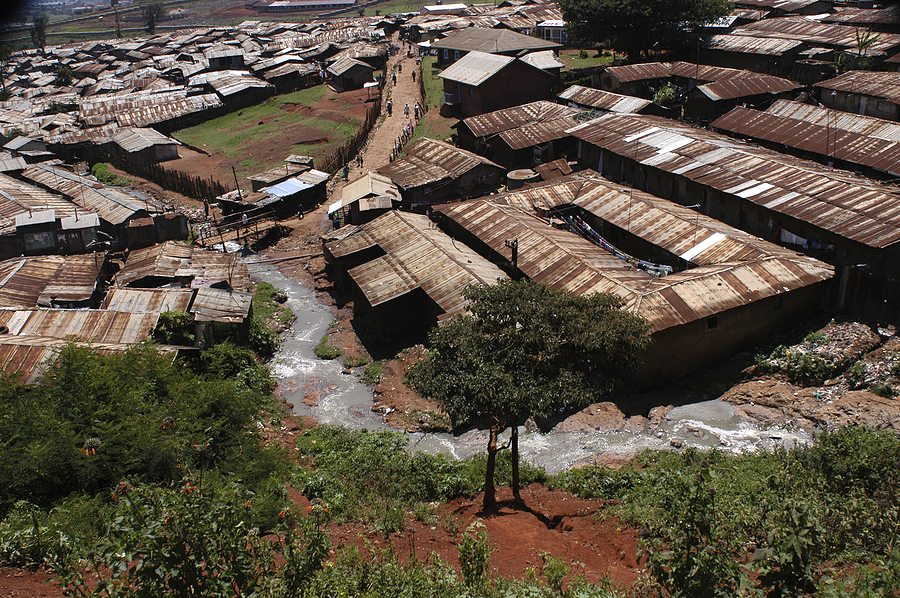Typhoid Vaccination
The typhoid vaccination protects against typhoid otherwise known as typhoid fever. This immunisation can be given in two different ways:
Vi vaccine course is administered via 1 injection
Ty21a vaccine is completed by taking 3 capsules on alternate days
It is advised that the immunisation takes place a minimum of 1 month before travel, but it can be given closer to your travel date if required. Boosters can be given 3 years following the initial course.
When to get vaccinated
You must complete the vaccination programme at least one month before your trip. A booster can also be given every 3 years.
How it is given
The typhoid vaccine is administered as either an injection into the deltoid or via capsules to swallow depending on the immunisation suitability.
Children
The Vi vaccine is suitable for children aged two or over and the Ty21a vaccine is suitable for children over 5.
Risks if you contract typhoid fever
Typhoid fever can induce symptoms such as high fever, headaches, aches and pains, tiredness, a cough or constipation. If the infection gets worse you may experience nausea, stomach ache, diarrhoea or a rash. It can also be life-threatening.
Course
Adults receive either one injection or three capsules to swallow on alternate days, depending on the course advised.
Side effects
Side effects are short-lived and could include fever, stomach pain, headache, nausea or diarrhoea. Severe reactions are rare.
Additional precautions
Along with the vaccination it’s vital to take further precautions in high-risk destinations. Be sure to only drink sealed bottled or recently boiled water, avoid ice cream and ice, ensure food is properly cooked and hot when served, avoid raw milk and products made from raw milk, don’t eat uncooked fruit and vegetables (unless they are washed in safe water) and avoid consuming shellfish and seafood.
Before the appointment
Do check the vaccine ingredients for allergens and ensure you are free from a high fever when the dose is administered.
Understanding Typhoid
Typhoid fever is caused by Salmonella typhi and is a serious bacterial infection that spreads through contaminated food and water. Symptoms can include prolonged fever, fatigue, abdominal pain, headache and a rash. Awareness of typhoid is essential considering its prevalence in certain regions. It is estimated that there are 9 million cases of typhoid and that 110,000 people die from the infection each year (source: World Health Organisation).
The UK boasts a public health infrastructure that minimises the risk of typhoid. With strict food safety regulations, water quality and hygiene practices, the general population therefore is largely protected from typhoid.
Travellers heading to countries with inadequate sanitation face a higher risk of contracting typhoid. In such locations consuming tap water, street food or poorly cooked meals may lead to exposure. A typhoid vaccination is recommended for those planning to visit a high-risk area as it will reduce the chance of infection.

It is important to note however that the vaccine is not 100% effective and preventative measures should also be exercised while travelling:
- Ensure food is properly cooked and still hot when served.
- Avoid raw milk and products made from raw milk. Drink only pasteurized or boiled milk.
- Avoid ice unless it is made from safe water.
- When the safety of drinking water is questionable, boil it, or if this is not possible, disinfect it with a reliable, slow-release disinfectant agent (usually available at pharmacies).
- Wash hands thoroughly and frequently using soap, in particular, after contact with pets or farm animals, or after having been to the toilet.
- Wash fruits and vegetables carefully, particularly if they are eaten raw. If possible, vegetables and fruits should be peeled.
